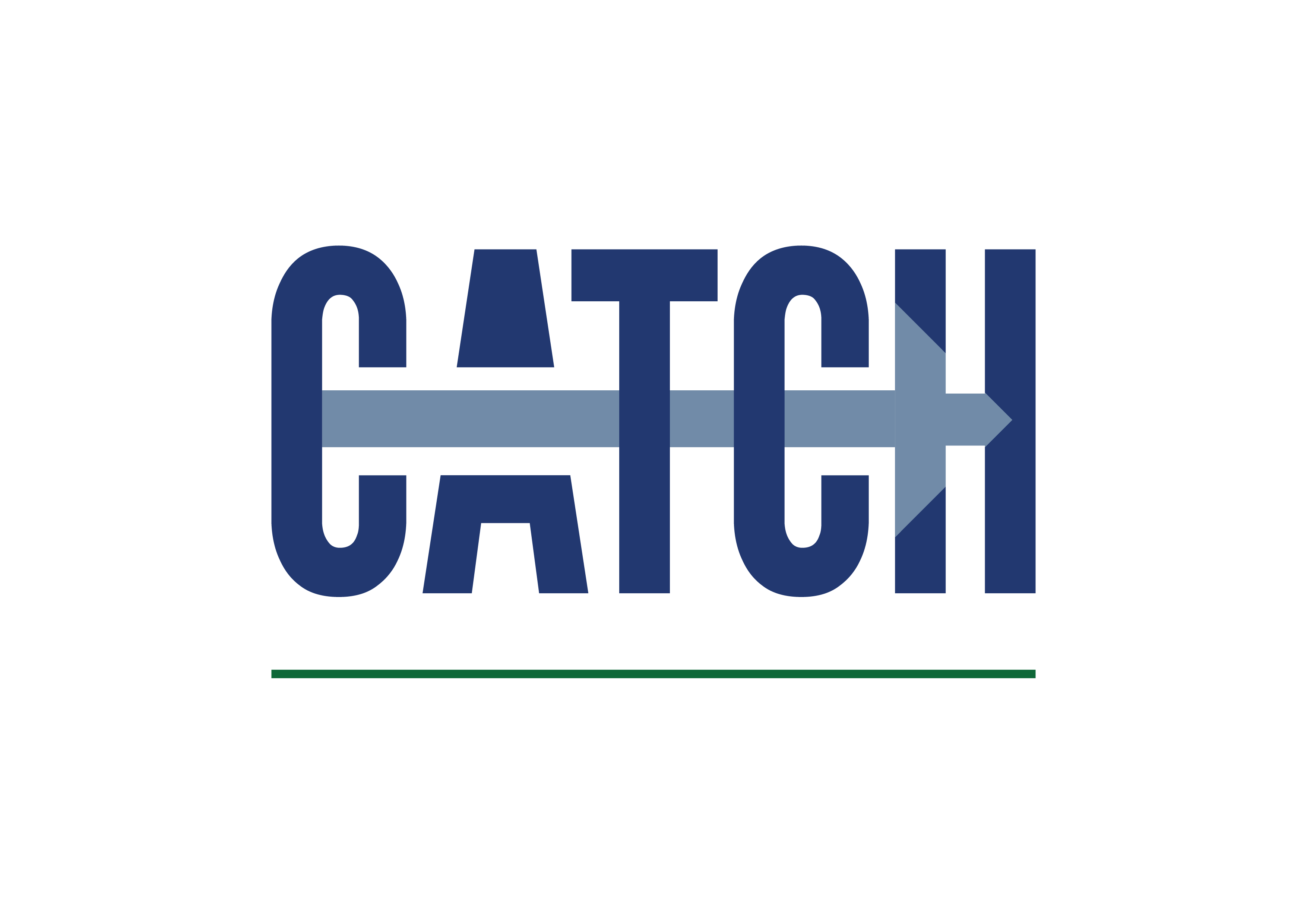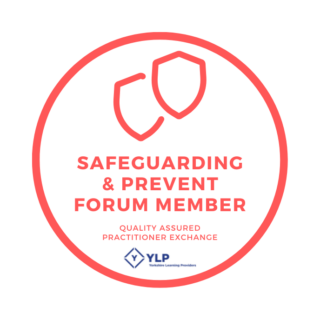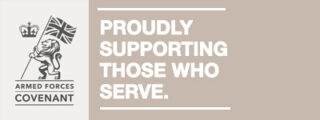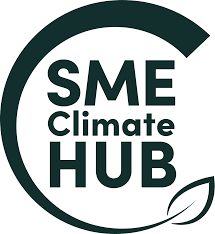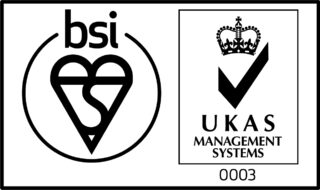Major Hazards Network – A write up
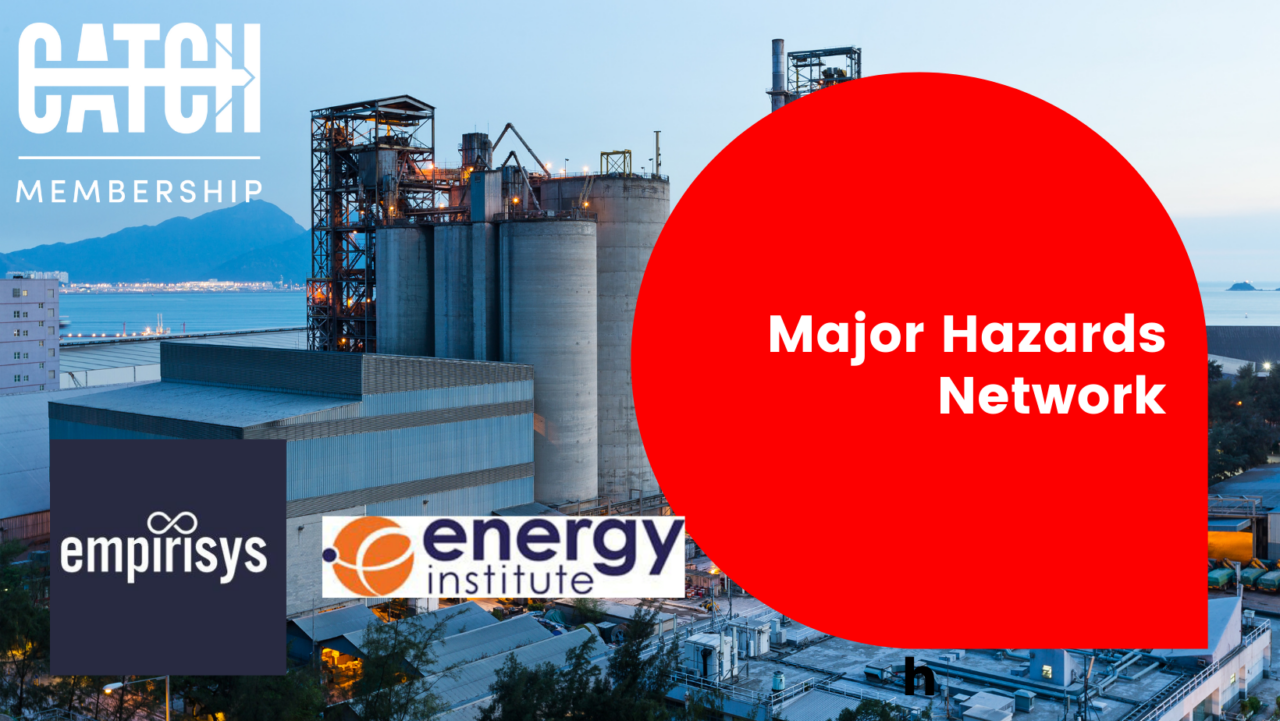
CATCH hosted the Major Hazards Network on Thursday 21 July. The group was attended by over 20 in person and online delegates and forms one of the core networks for CATCH membership services.
David Hughes welcomed delegates to the Major Hazards Network and introduced our guest speaker Gus Carroll, CEO and Founder of Empirisys. Gus presented details of the Energy Institute decarbonisation good practice programme. The EI has established Hydrogen and Carbon Capture and Storage as a new area of focus. Gus outlined the 2021 Hydrogen work programme which received funding support from the Industrial Decarbonisation Research & Innovation Centre. Work commenced in 2021 including subjects like competence, skills and training for the transition to hydrogen, environmental impacts of the large-scale deployment of hydrogen, development of a safety case for hydrogen storage and distribution by pipeline and Infrastructure integration & Asset integrity in repurposing existing natural gas infrastructure for hydrogen.
Gus outlined the range of new challenges presented by increasing use of hydrogen and its derivatives LH2, NH3, LOHC & MCH. The safety impact for UK for these changes is extremely important during the energy transition and EI are leading this work through four further funded projects:
- Export & import of hydrogen and liquid derivatives
- Large scale storage of hydrogen
- Incident data management for QRAs and HAZOPs in the context of hydrogen safety cases
- Guidance on the development of safety case for hydrogen storage and distribution
Gus outlined future topics that are under consideration for funding in 2023. The Energy Institute is keen to speak to companies at the fore front of the energy transition to help shape and direct their work. If you are interested, please contact Mark Scanlon mscanlon@energyinst.org
Following a break Gus was kindly able to present on a separate topic of the COMAH Strategic Forum which was established in 2013 and Gus has recently taken over as chair of the Forum. The CSF is comprised of the 3 competent authorities, COMAH sector representatives (including Trade Associations) and Unions. The forum sets the longer term strategic direction for UK onshore major accident regulation. The forum has been able to improve communication and knowledge exchange between the various stakeholders through guidance and good practice guides.
CSF current priorities include embedding principles of process safety leadership, greater transparency, driving proportionate regulatory scrutiny based on performance, clear standards and expectations and encouraging regulators to operate in a joined up way. The CSF has recognised a number of drivers of change for COMAH regulated industries such as net zero targets, growth of new technologies such as hydrogen production and storage, ageing assets and ageing workforce challenges and embedding digital technologies. Gus outlined the CSF’s response to these aspects shared some of the safety challenges that may arise from inexperienced operators and ambitious research institutions, not familiar with the regulatory framework whilst regulators are carefully managing budgetary constraints. CSF are set to publish their 5 year strategy and are keen to engage a wide range of stakeholders through the CSF open forum on 14 November.
Empirys is an organisation that uses data science to help high hazard businesses operate more safely and more reliably. The business is supported by a talented team of 12 data scientists, process engineers, asset operators and software engineers – more details are available here and via Gus Carroll gus@empirisys.io
The next Major Hazards Network will be held on 3rd November at CATCH.
CATCH core network groups are for member companies, for more information please contact katie.hedges@catchuk.org
